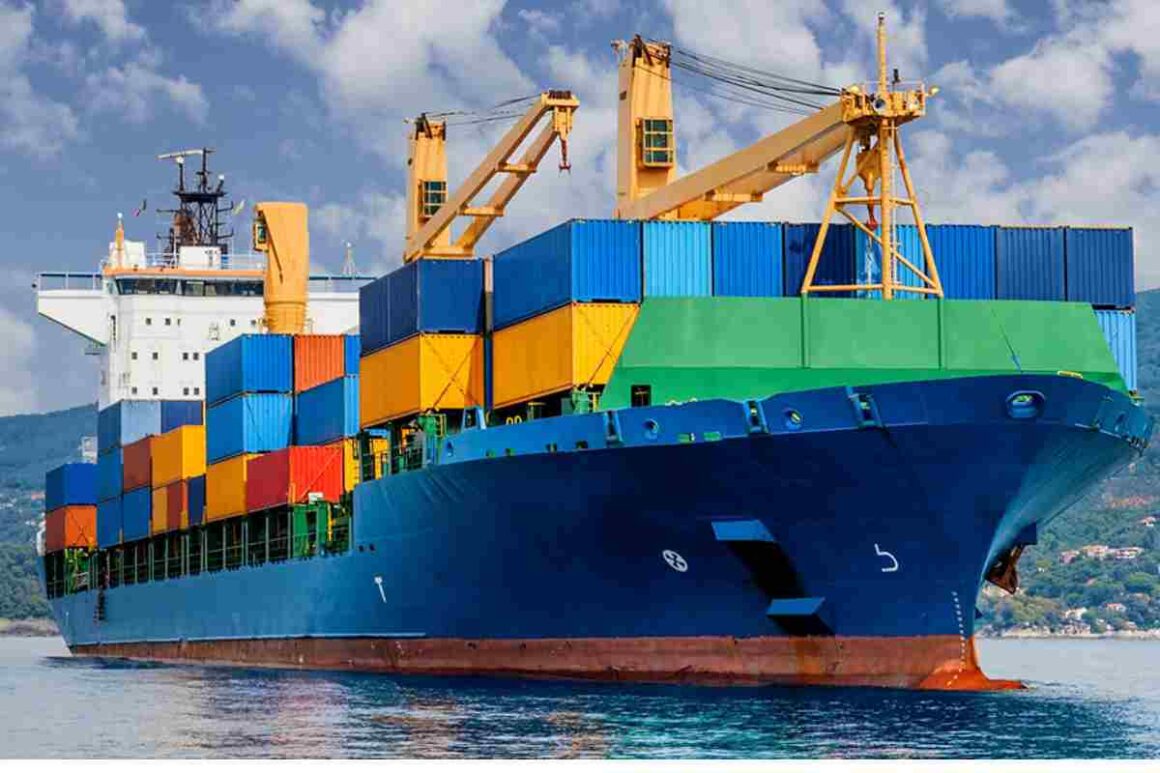Global trade relies heavily on efficient shipping services to connect markets, enable commerce, and sustain economies worldwide. From transporting raw materials to delivering finished products, shipping services form the backbone of international trade. Let’s dive into the transformative impact of these services on the global economy.
Table of Contents
Streamlining Supply Chains
Efficient shipping services play a pivotal role in streamlining supply chains. By reducing transit times and optimizing cargo routes, they ensure that goods are delivered promptly and at minimal cost. This reliability fosters trust between businesses and their trading partners, enabling seamless operations and minimizing disruptions.
Efficient shipping services, such as those provided by platforms like www.shiply.com, offer businesses a convenient way to find reliable carriers, optimizing delivery times and reducing costs, which ultimately supports smoother global trade operations.
For example, advancements in tracking technologies now allow businesses to monitor shipments in real time. This transparency not only ensures timely deliveries but also helps mitigate risks, such as delays or losses, which could otherwise disrupt supply chains and incur additional costs.
Boosting Economic Growth
The efficiency of shipping services directly influences the economic prosperity of nations. Countries with advanced shipping infrastructure are better equipped to participate in global trade, as they can move goods quickly and cost-effectively.
Efficient shipping also lowers barriers to entry for smaller businesses by reducing logistics costs. This democratization of trade enables startups and small enterprises to compete in international markets, fostering innovation and economic growth at a grassroots level.
Facilitating Market Expansion
Shipping services enable businesses to reach markets previously deemed inaccessible. Whether it’s exporting luxury goods to distant countries or importing essential raw materials, efficient shipping opens doors to opportunities across the globe.
Increased market access also benefits consumers, who gain access to a wider variety of products at competitive prices. This dynamic not only enhances quality of life but also stimulates demand, further fueling the cycle of trade and economic growth.
Driving Sustainability in Trade
With the rise of environmental concerns, shipping services are evolving to become more sustainable. Innovations such as fuel-efficient vessels, renewable energy sources, and optimized shipping routes contribute to reduced carbon emissions.
Companies are increasingly integrating green practices into their logistics strategies, recognizing that sustainability is no longer optional in global trade. By adopting eco-friendly measures, shipping services are paving the way for a more responsible and resilient global economy.
Strengthening Global Connectivity
Shipping services are vital in maintaining global connectivity, as they facilitate the exchange of not only goods but also ideas and cultures. Ports and shipping routes act as hubs of interaction, fostering collaboration and understanding between nations.
This interconnectedness drives innovation as businesses and individuals draw inspiration from diverse markets. Moreover, during times of crisis, such as natural disasters or pandemics, efficient shipping services ensure the delivery of essential supplies, reinforcing their critical role in maintaining global stability.
Conclusion
Efficient shipping services are integral to the success and sustainability of global trade. By streamlining supply chains, boosting economic growth, expanding markets, driving sustainability, and strengthening connectivity, they help create a dynamic and prosperous global economy.
As technology and innovation continue to shape the shipping industry, its impact on global trade will only grow stronger, fostering a more interconnected and resilient world.


